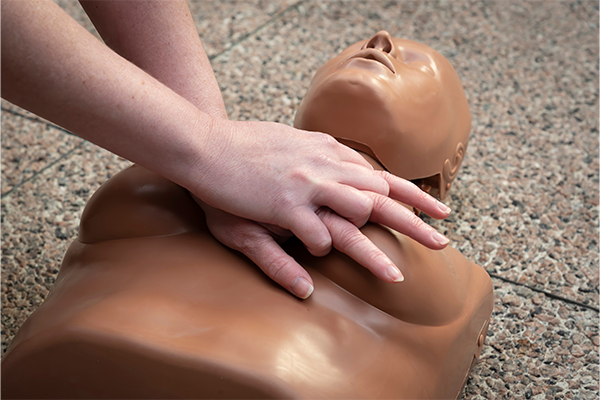
When the heart stops beating during sudden cardiac arrest, receiving cardiopulmonary resuscitation (CPR) from a bystander doubles the chance of survival.
But research from the Duke University School of Medicine, published today in the Journal of the American Heart Association, reveals a consistent reality: women are less likely than men to receive this life-saving intervention if they collapse in public.
The new study showed women were 14% less likely to receive bystander CPR and defibrillation than men. The Duke team analyzed data about more than 309,000 cases of cardiac arrest from 2013-2019, from 47 states and is one of the few studies that factored in the racial composition of the neighborhoods. Researchers found that rates were similar whether the neighborhood was predominantly white, Black, or Hispanic.